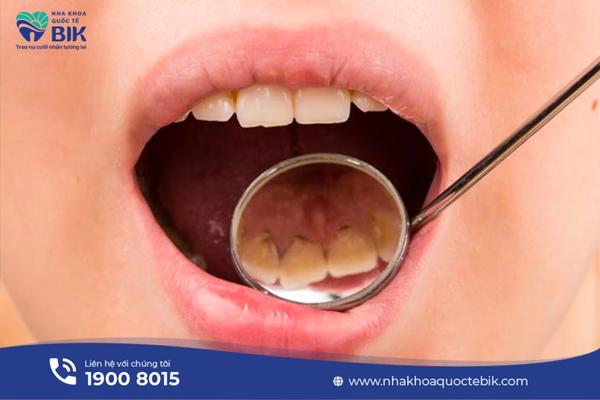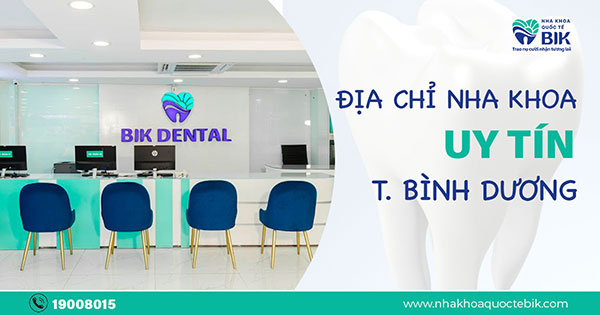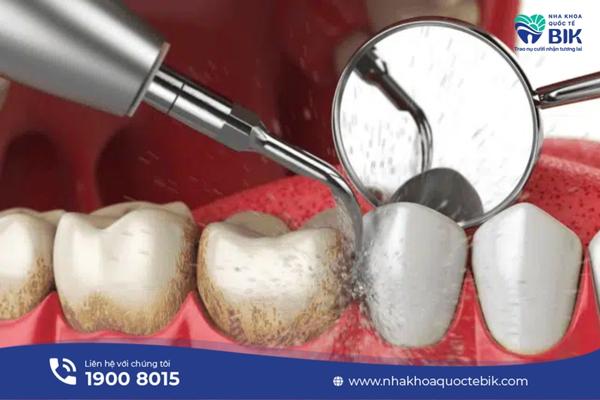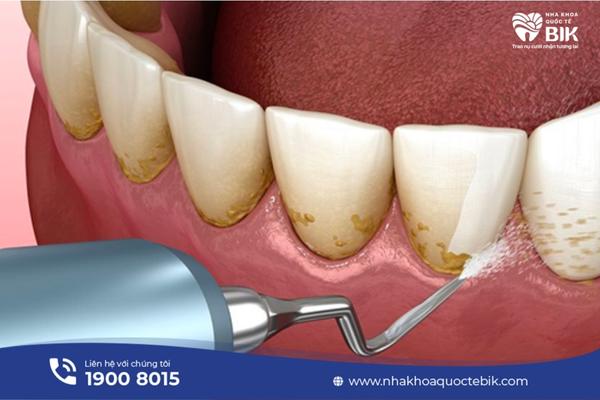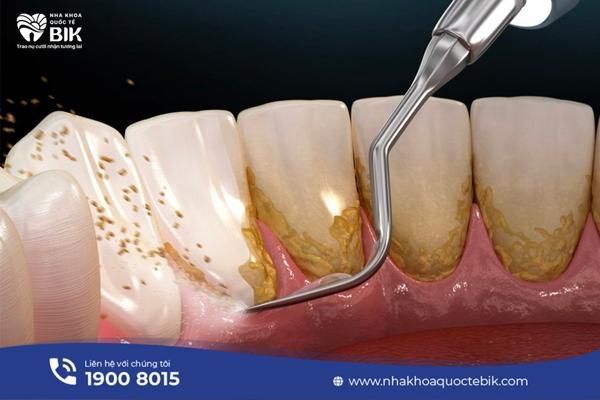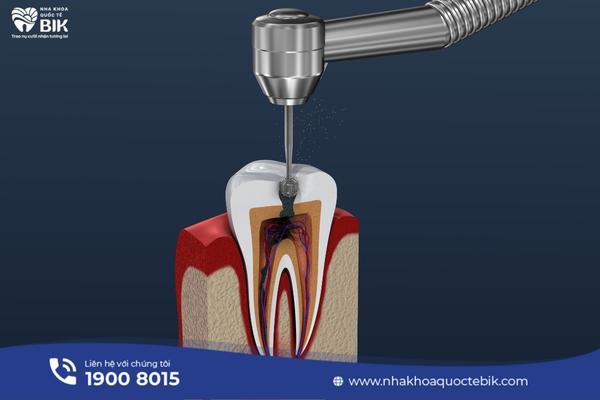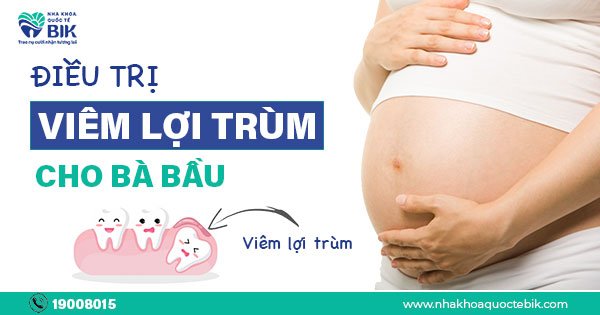
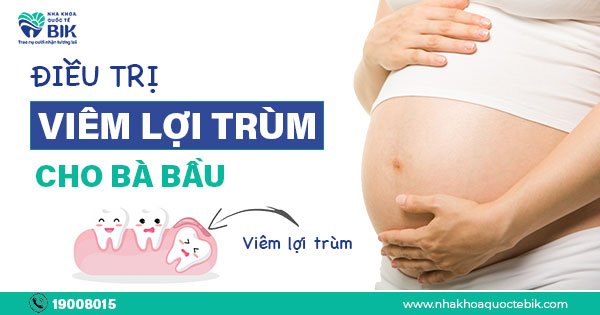 Why pregnant women have pericoronitis and what to do to overcome it seems to be the top concern because this is a fairly common condition during pregnancy. Because this is the stage when the mother’s body becomes quite sensitive, natural solutions are always recommended to avoid complications or side effects due to medication.
Why pregnant women have pericoronitis and what to do to overcome it seems to be the top concern because this is a fairly common condition during pregnancy. Because this is the stage when the mother’s body becomes quite sensitive, natural solutions are always recommended to avoid complications or side effects due to medication.
1. What is pericoronitis?
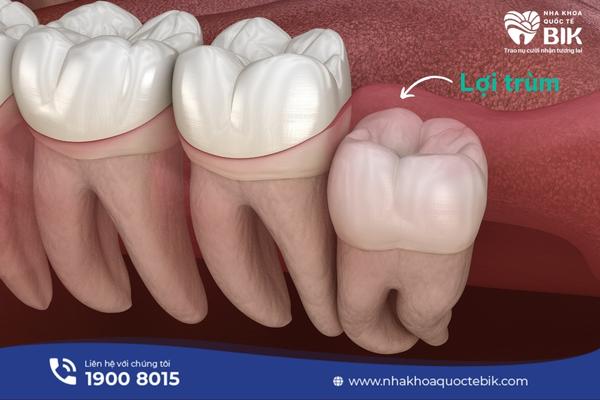
Wisdom teeth usually grow between the ages of 17-25 when the gums have grown thick, hard and there is not enough space left. This causes wisdom teeth to rarely grow straight but tend to grow tilted, grow hidden and push the gums up, creating a phenomenon of the gums covering part of the tooth. From there, pericoronitis is a condition in which the gums covering the wisdom teeth become inflamed and swollen, causing prolonged pain.
2. Signs of pregnancy gingivitis
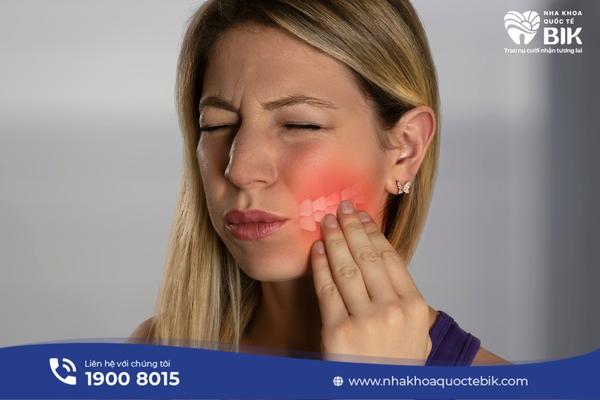
Pregnant gingivitis can be recognized through the following signs:
2.1. Toothache number 7
Because wisdom teeth grow crookedly and bacteria not only attack the tooth position but also affect the surrounding teeth and gums. Therefore, when the gums are inflamed, it will cause tooth number 7 (next to the wisdom tooth) to have a dull, prolonged ache, making pregnant women feel uncomfortable and lose sleep, thereby affecting the health of both mother and baby.
2.2. Bad breath
Inflamed gums will create favorable conditions for bacteria to grow and develop, including many anaerobic and hydrophobic types, which are the main causes of bad breath in the mouth of pregnant women. Combined with nausea and vomiting during pregnancy, it is easy to have a rather strong breath odor.
2.3. Swollen gums in the innermost tooth
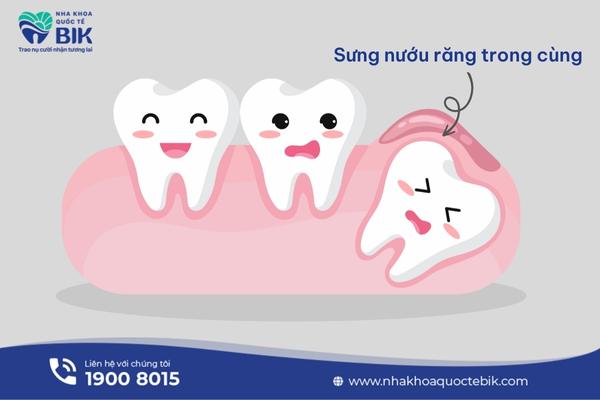
When the wisdom tooth is inflamed, the innermost gum is often swollen, softer and causes a feeling of discomfort. At this time, pregnant women will feel very uncomfortable and have difficulty eating and communicating every day.
2.4. Fever and swollen lymph nodes in the neck
Inflammation and prolonged pain can easily cause pregnant women to have a high fever. At this time, there may also be lymph nodes in the neck and body aches, which can easily lead to stress.
3. Causes of gingivitis in pregnant women

Gingivitis in pregnant women is often due to the following causes:
3.1. Due to wisdom teeth growth
Because wisdom teeth often grow when the jawbone has developed relatively completely and there is almost no space left for the new tooth, they will grow through tooth number 7 or grow under the gum. The gum that penetrates covers the wisdom tooth but is not completely tight, so food particles can easily get stuck, leading to inflammation over time.
3.2. Due to morning sickness
Usually, morning sickness and vomiting during pregnancy are very common. This causes food to mix with acid as well as digestive juices to flow out, causing irritation to the gums.
3.3. Due to hormonal changes

While pregnant, the amount of estrogen and progesterone in the mother’s body increases abnormally, making the gums more easily irritated. Therefore, during this sensitive period, hormonal changes are considered one of the main causes of pericoronitis even though the wisdom teeth do not grow crooked.
3.4. Due to eating habits
During pregnancy, pregnant women must supplement many types of food to provide adequate nutrition for both mother and baby. Lack of nutrients is also the cause of gingivitis in pregnant women. In addition to increasing the risk of gingivitis, not supplementing enough essential vitamins and minerals such as Vitamin C or Calcium can also cause bleeding gums and give rise to a series of other oral problems.
4. Effects on pregnant women with pericoronitis
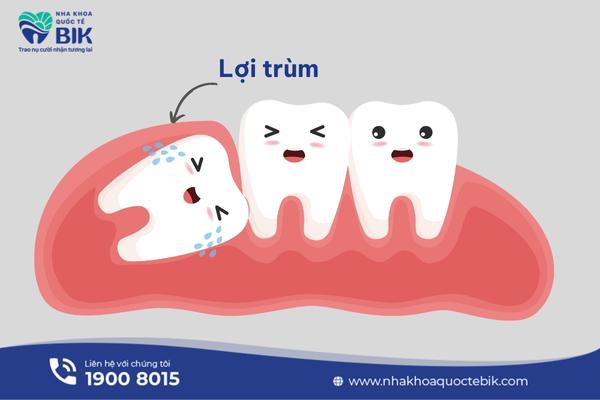
Pericoronitis during pregnancy can lead to the following effects:
4.1. Reduced ability to chew
The prolonged pain caused by gingivitis makes pregnant women lose their appetite, leading to laziness and loss of appetite. At that time, nutrients will be deficient, causing the body to not have enough resistance to fight bacteria, making the inflammation worse. Therefore, the diet of pregnant women during this sensitive time is a factor that should be given top priority.
4.2. Psychological effects

During pregnancy, hormones change, so the mood of pregnant women is quite erratic and they experience pain, which greatly affects their psychology. If anxiety, sadness and discomfort appear frequently and last for a long time, it will affect their health as well as the process of metabolism and absorption of nutrients.
4.3. Effects on the fetus
If the pericoronitis or more seriously, pericoronitis with pus is not treated early, the fetus will be affected. Dangerous complications can include premature birth, preeclampsia,…
4.4. Potential for many dangerous diseases
The case of pericoronitis due to wisdom teeth eruption also has the potential for many other dangerous diseases due to impacted wisdom teeth such as cysts, infections, damage to adjacent teeth, etc. If these problems are not thoroughly treated, they will also affect the health of both mother and baby.
5. What should pregnant women do with pericoronitis?

Here are some ways to treat gingivitis for pregnant women. Some of the following methods can be applied to help relieve pericoronitis such as:
5.1. Relieve pain at home
Proper oral hygiene
Proper oral hygiene seems to be the simplest solution to help improve the condition of gingivitis. In addition, when applying this method, some other oral problems such as sensitive teeth, toothache, … will be minimized.
Pregnant mothers should pay attention to brushing their teeth regularly at least twice a day to prevent the growth of bacteria in the oral cavity. Because the gums and teeth are quite sensitive during pregnancy, it is necessary to use a soft-bristled toothbrush of the appropriate size to avoid bleeding gums.
In addition, you can combine the use of dental floss and diluted salt water to thoroughly remove plaque and food debris that a regular toothbrush cannot clean.
Use ginger


To reduce gingivitis, pregnant women can dissolve a little salt with ginger water and rinse their mouth twice a day to reduce gingivitis because this ingredient has long been famous for its natural antibacterial properties.
Use coconut oil
In addition to its strong antibacterial, antifungal and antiviral properties, coconut oil also has the ability to promote the growth of beneficial bacteria and support physiological pH balance thanks to amino acids. Therefore, pregnant women can gargle with a mixture of coconut oil and warm water every day to improve the problem of pericoronitis.
Use clove essential oil
Clove essential oil contains the active ingredient Eugenol, which has the effect of soothing inflamed gum tissue and effectively reducing pain. Similar to coconut oil, clove essential oil can be mixed with warm water to gargle 1-2 times/day to effectively treat pericoronitis. In addition, the scent of this essential oil also helps eliminate bad odors, bringing long-lasting fresh breath.
5.2. Using medicine
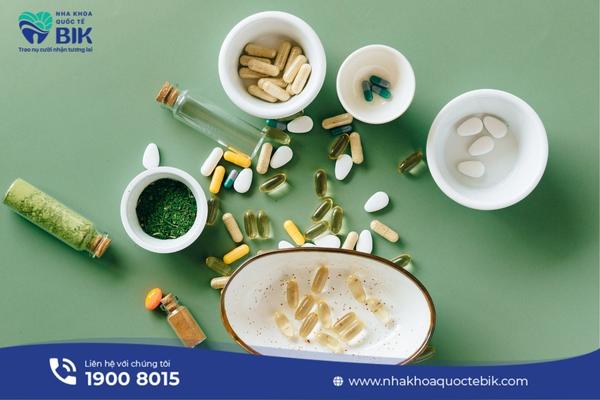
In case of severe gingivitis and continuous bleeding of the gums, the doctor may prescribe antibiotics. Note that you should not use medicine without a doctor’s prescription to avoid unwanted side effects. However, taking medication during this period will negatively affect the health of the mother and fetus, so the doctor will usually first instruct you on how to clean the inflamed area with natural ingredients at home.
5.3. Treatment at the dentist
In some cases, gingivitis can still progress to a more severe stage after applying the above methods, the doctor will prescribe some measures to be performed directly at the dentist. For pregnant women, the solution to treat gingivitis is mainly scaling and wisdom tooth extraction if necessary.
Gingivitis during pregnancy is quite common, because the mother’s body is quite sensitive at this time, so it needs to be quickly remedied in time to avoid more serious developments. What to do when a pregnant woman has gingivitis depends on each person’s body. If the inflammation does not improve after applying some simple measures at home, it is necessary to go to the dentist for professional treatment.


